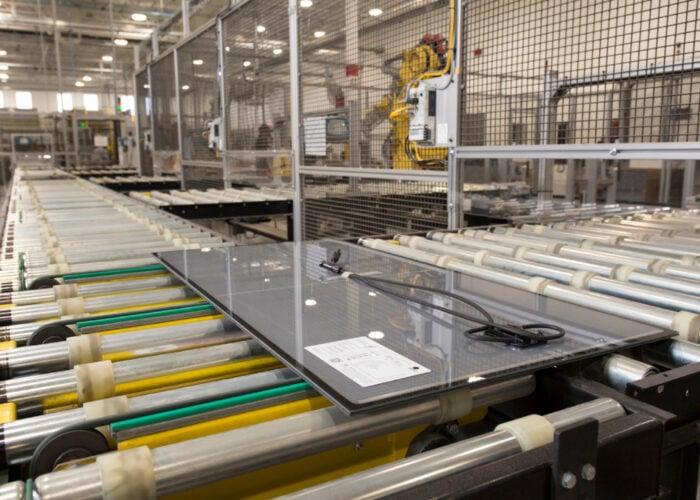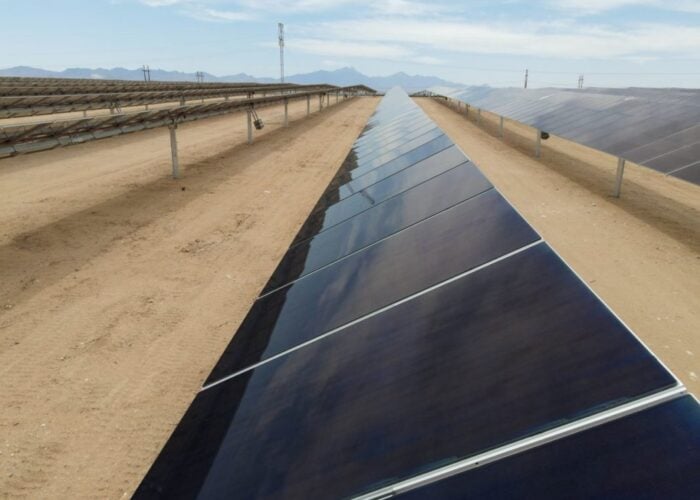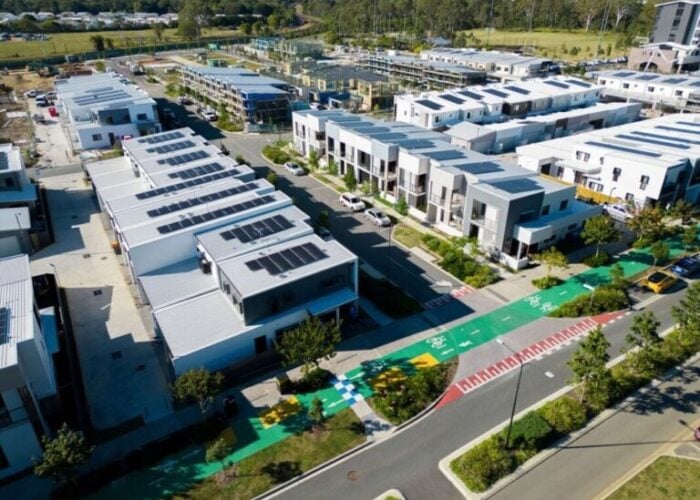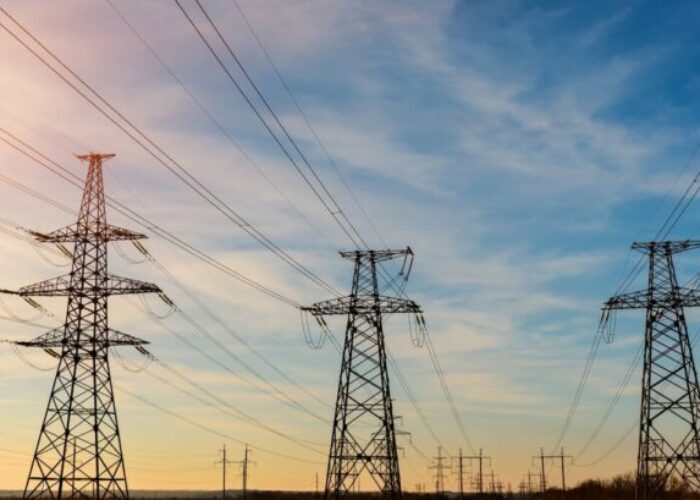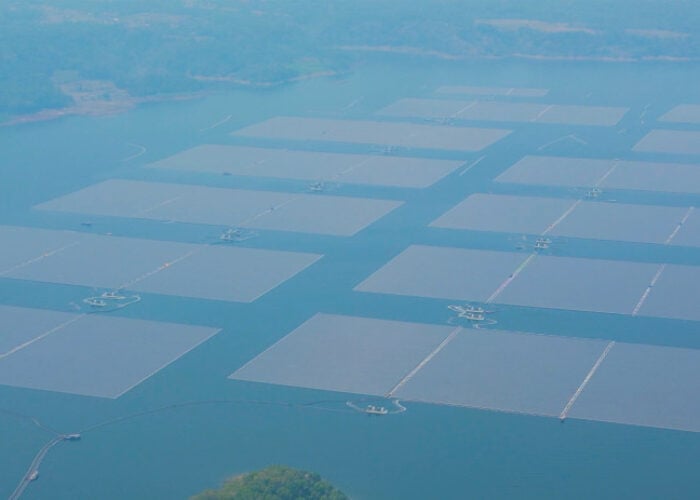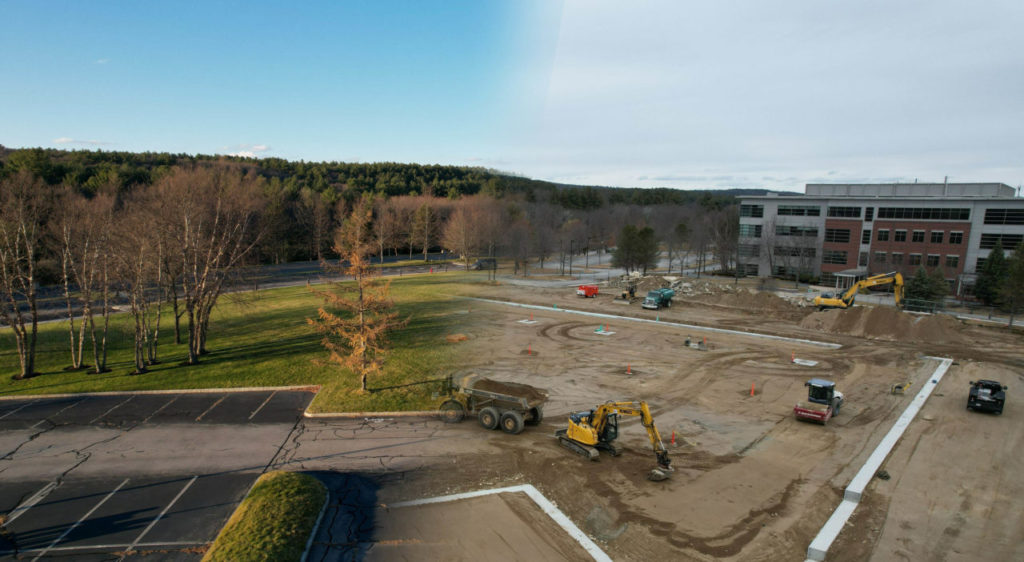
German quality assurance and testing group TÜV Rheinland has finalised its investment into a new US base, the Technology and Innovation Centre in Boxborough, Massachusetts.
The first stage of the project was completed in April this year, and, alongside the relocation of its laboratory in Arkansas, will be fully operational by the end of 2023.
Unlock unlimited access for 12 whole months of distinctive global analysis
Photovoltaics International is now included.
- Regular insight and analysis of the industry’s biggest developments
- In-depth interviews with the industry’s leading figures
- Unlimited digital access to the PV Tech Power journal catalogue
- Unlimited digital access to the Photovoltaics International journal catalogue
- Access to more than 1,000 technical papers
- Discounts on Solar Media’s portfolio of events, in-person and virtual
Or continue reading this article for free
“This expansion demonstrates our dedication to growth in North America. We believe that maintaining our leadership requires ongoing investment in innovative facilities and services that meet our customers’ needs,” said Dr. Michael Fübi, CEO of TÜV Rheinland AG.
The Massachusetts facility will be equipped to conduct tests and certifications for sectors including electrical product safety, Medical Device Testing, EMC Testing, Robotics, Semiconductor Manufacturing, Photovoltaic Inverters and Energy Storage, the company said.
Jonathan Kotbra, VP of products Americas at TÜV Rheinland North America said: “This multi-million dollar investment underscores TÜV Rheinland’s dedication to serving existing customers and offering strategic solutions rooted in technology, innovation, and our talented workforce. This laboratory empowers us, as industry leaders, to extend our offerings, providing expertise and comprehensive knowledge of regulations worldwide, expediting our customers’ time to market.”
TÜV Rheinland plans to expand its testing operations to the US have been public since December 2022, when it announced a partnership with PV research lab CFV Labs to bring certified PV testing to the US.
Earlier this month, US renewables firm Clean Energy Associates (CEA) published a report which found that manufacturing-side defects in solar PV modules were generally increasing the world over. Micro cracks, line cracking and soldering errors of various kinds were the most common defects that CEA found, and which it concluded potentially posed a ‘significant risk’ to the solar industry.
Of particular note was an almost 50% spike in micro cracks in the US modules that CEA tested between 2022 and mid 2023.

